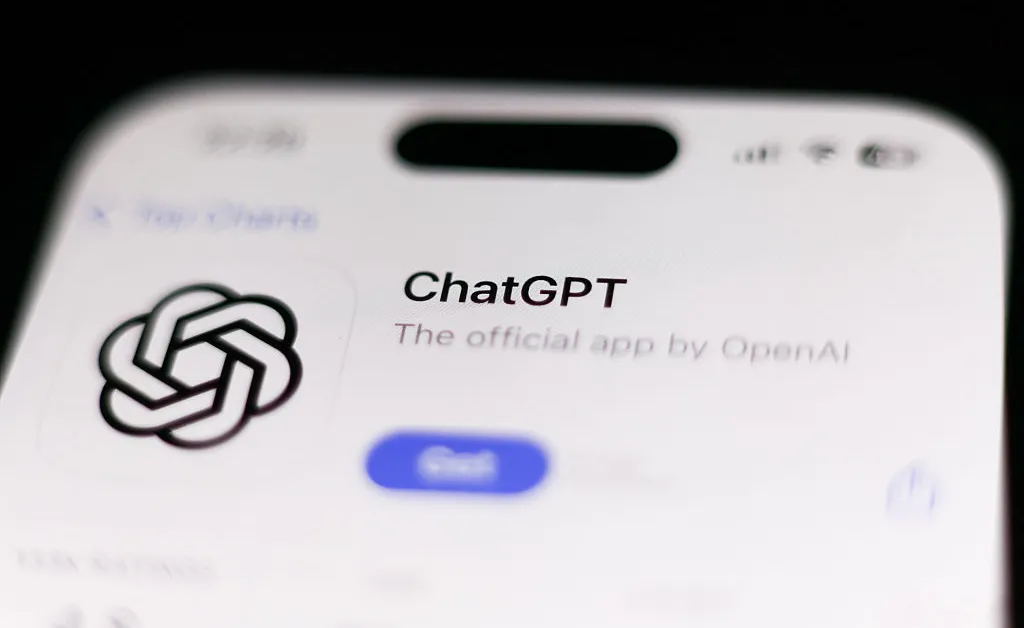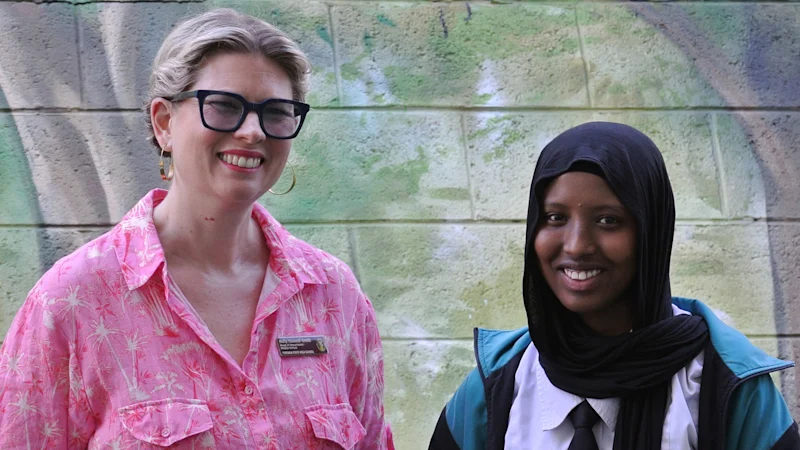
It was past midnight, and I was staring at a blank Google Doc. I had a history essay due. My notes were a mess, I was tired, and the deadline loomed over me like a storm cloud. In the “good old days,” you’d have to grit your teeth and get it over with. But now, there is a solution. ChatGPT can give you an essay in just seconds. So, why not just skip the struggle? At the private high school I graduated from this spring in Chicago, AI wasn’t just tempting, it was a habit.
It didn’t matter the topic. My peers would use these tools for everything from English essays to math problems or Spanish translations. I even saw kids use it to get quick answers to tough questions during online quizzes. And it’s not just the kids who barely pass that use it, everyone does. The straight-A kid, the debate team stars, everyone. AI is our new default, and our reliance on it could hurt us in the long run.
If you walked through our cafeteria, you’d hear it: “Just ask ChatGPT.” It’s our solution to everything. In English class, a friend bragged that he hadn’t written an essay since his sophomore year. He feeds AI the prompt, polishes the output, and calls it done. “It’s like having someone do it for you,” he said. In math, classmates use AI to solve equations and get step-by-step explanations so that they can “show their work.” An hour before a final exam in science, a different friend circulated a ChatGPT-generated study guide that had everything from terms to flash cards to practice questions. In Spanish, instead of having to learn the translations, kids paste homework into AI translators. “It’s faster and it’s never wrong,” one classmate told me.
The wildest part? We don’t even feel guilty.
I used to use AI for much of my work. It was a lifesaver. I had good work, and I didn’t have to be so stressed and stay up all night. But I wasn’t learning much. I’d get a good grade on an essay, but I couldn’t explain those points in class discussions. Many of my friends sat in the same boat. One had to openly admit he couldn’t summarize a part of the book we read because AI wrote his analysis. Another said he freezes on math tests without AI there to help him. Because of AI, my generation knows how to perform but not learn. That’s scary.
We go to school to better understand the world and to learn how to think. But with AI, nothing is hard. Why try to solve a tough problem when you can ask ChatGPT? A friend who wants to be an engineer relies on AI for every math assignment. “I’ll do it all in college,” he says. But what if he gets there and can’t think without AI? It’s starting to look like we graduated in June with shiny transcripts and dulled thinking skills. I don’t want to start a job and realize I can’t analyze a problem or write a report without a bot.
More importantly, schools should teach students about AI’s risks. AI weakens our critical thinking skills and risks us getting in trouble for plagiarism. We need to be taught that even though it may make it easier to get into college, AI will leave us unprepared for jobs and for our lives.
Limiting AI will probably make school tougher, and I might have to work on a college essay at 2 a.m. But school isn’t just for grades; we need an education to become people who can think, create, and tackle problems on our own. No algorithm can do that for us.



